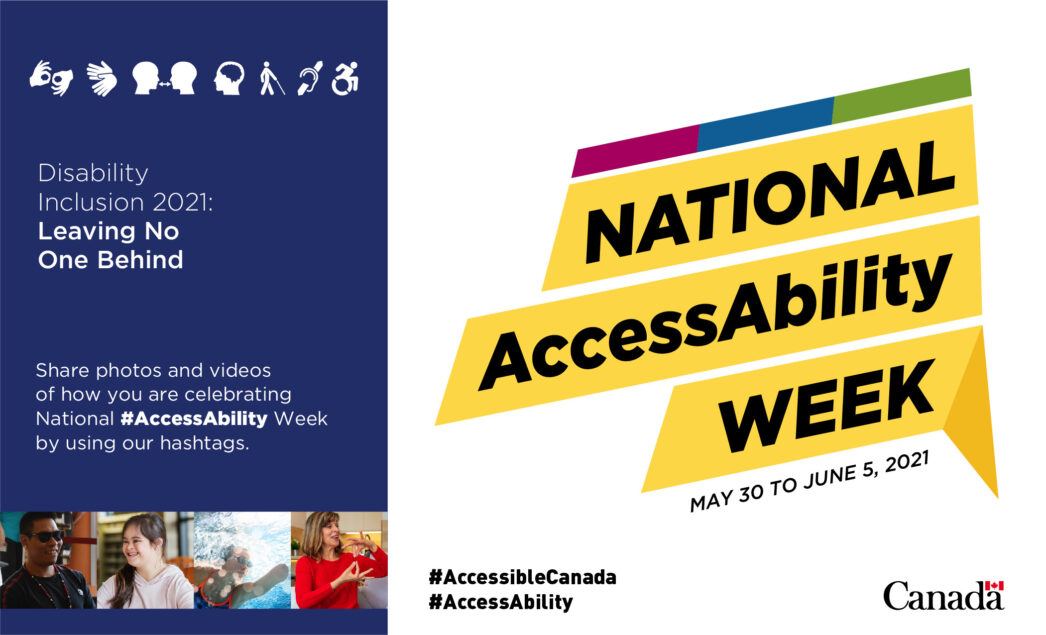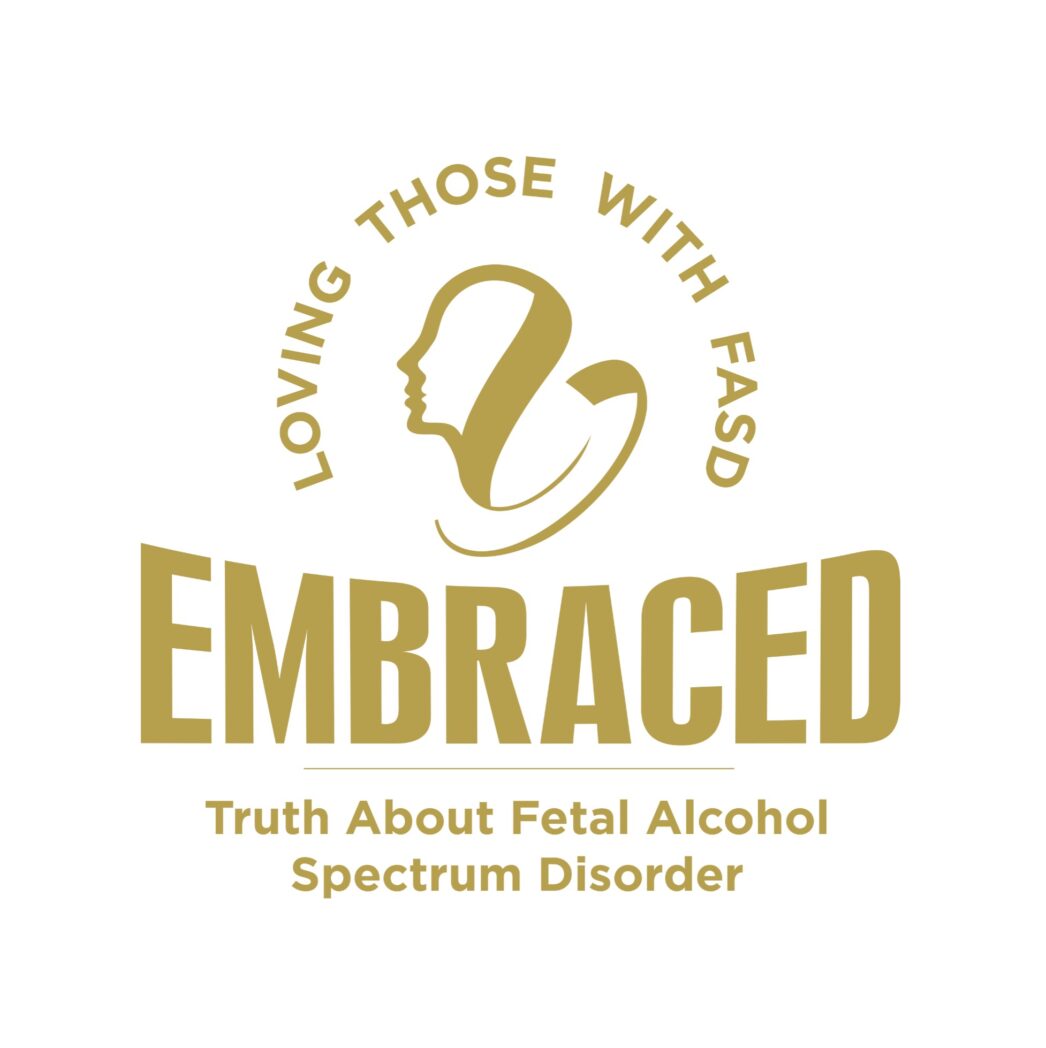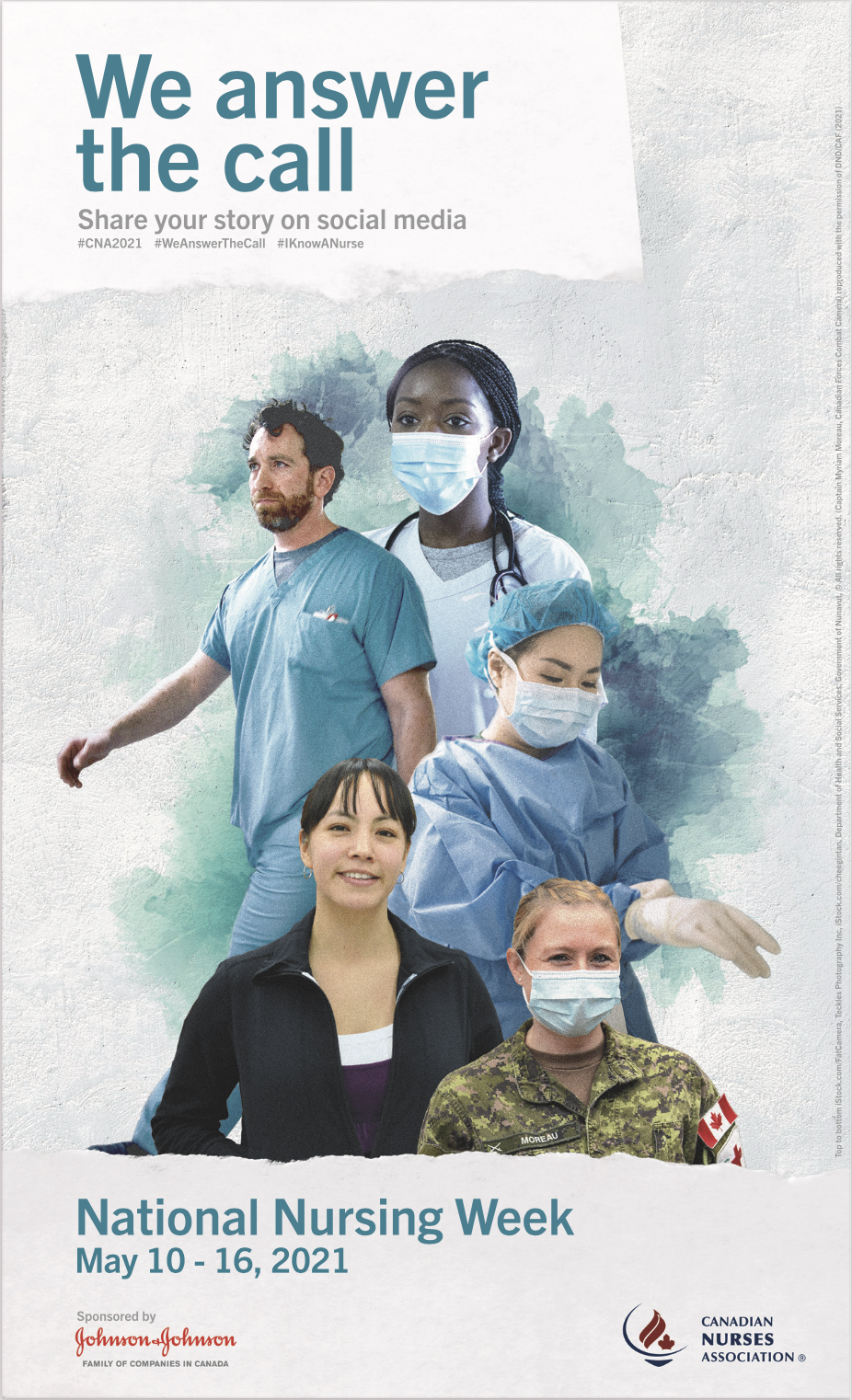We took a little break from our webinar series for the month of May but we’re jumping back into things this week with a webinar about FASD Month!
National Indigenous Peoples Day 2021
Happy National Indigenous Peoples Day! Today we recognize and celebrate the heritage, cultures, and contributions of First Nations, Inuit and Métis peoples.
Happy Father’s Day!
Father’s Day is fast approaching on Sunday, June 20, 2021, and we would like to celebrate all the fathers and caregivers who assume the roles of fathers in families across the nation.
Article Summary: Conceptualizing #winemoms in social media
In Canada (and many other countries), women of childbearing age (i.e., between the ages 18 and 35) are consuming more alcohol than ever before. Despites the potential health and social consequences associated with alcohol consumption, its use is increasingly being normalized as part of a stress management regime to cope with day-to-day life.
Arctic Poppy in Bloom: A reflection on the impact of the Residential Schools
I am writing as a long-time parent of adult sons who live with the challenging impacts of trauma and Fetal Alcohol Spectrum Disorder and who have been affected by the multi-generational legacy of Indian Residential Schools and colonial treatment of Canada’s First Peoples. I am writing to share my profound personal experience after a week of sadness when I was struggling to find words.
#WineMoms in Research
While engaged in my research, I often reflect on questions such as why do people feel that they need alcohol? What does alcohol mean to people in the context of their individual lives and circumstances? What fuels someone’s desire to drink? My own research, as well as popular culture writing such as Ann Dowsett Johnston’s book Drink: The Intimate Relationship Between Women and Alcohol, has made me think long and hard about how alcohol use in society is normalized.
AccessAbility Week 2021
Did you know that May 30 to June 5, 2021, is National AccessAbility Week (NAAW) in Canada? It is celebrated every year to honour the valuable contributions and accomplishments of Canadians with disabilities.
Webinar Update for May 2021
We’re taking a short break from our CanFASD webinar series for the month of May but will return in June 2021. In the meantime, feel free to watch some of our past webinars on our YouTube channel.
Embraced: The Quest to Make a Film
When our son was twelve, he exploded with a vengeance. Without warning, amidst a crowded outdoor concession stand, he power-kicked a soccer ball directly into his sister’s head. So I loaded him into a van for a road trip to explore, “why the anger?” Every few seconds he said something chilling, then contradicted it in the next sentence. I remained … Read More
International Nurses Day 2021
Nurses are some of the first health care workers we interact with when seeking treatment. Nurses and other frontline workers play a vital role in making sure we get the care that we need and that we’re treated with dignity and respect.









